When I first heard the term “anonymous Bitcoin wallet,” I assumed it was something only hackers or tech experts used. It sounded complicated, like you’d need coding skills or secret software just to hide your transactions.
But as I dig deeper, I realized it’s not about hiding at all. It’s about protecting your privacy in a system where every transaction is visible to everyone.
An anonymous Bitcoin wallet simply helps you keep control of your identity while using Bitcoin safely.
In this article, I’ll explain what it really is, how it works, and which wallets offer the strongest privacy. By the end, you’ll understand how these wallets help you stay private without losing control of your Bitcoin.
What is an Anonymous Bitcoin Wallet?
A Bitcoin wallet is a digital tool that holds your cryptocurrency and helps you send or receive it safely. Every wallet has unique addresses that record transactions on the blockchain, a public ledger anyone can view.
An anonymous Bitcoin wallet goes a step further by adding privacy layers that keep your identity hidden. These wallets make it harder for others to trace who owns a specific address or payment.
Think of the blockchain like a shared notebook: everyone can read the entries, but an anonymous wallet makes it unclear who wrote them.
It’s important to know that Bitcoin isn’t completely hidden; it’s pseudonymous. Privacy wallets don’t erase your activity, but they mix or mask transactions to reduce how easily they can be linked to you.
Why You Might Want an Anonymous Wallet
An anonymous Bitcoin wallet helps protect your financial privacy by keeping your transactions from being easily tracked on the public blockchain.
When you use a standard wallet, anyone can look up your wallet address and see its activity. Privacy wallets make it harder to connect those transactions back to you.
They’re especially valuable for people who care about personal data security, like activists, journalists, or anyone living in areas with limited financial freedom. These wallets also help reduce identity leaks, phishing risks, and unwanted profiling from data collectors or advertisers.
However, privacy tools must be used responsibly. Their purpose is to protect legitimate users, not to hide illegal actions.
Using an anonymous wallet wisely means valuing your right to privacy while respecting laws and maintaining safe, transparent digital practices.
Best Anonymous Bitcoin Wallets in 2025
Below are the top privacy wallets that help you protect your identity while managing Bitcoin. Each one offers unique tools, from built-in mixing to hardware-level security.
Safe Download Reminder: Before downloading any wallet, always use official sources. Avoid third-party links, pop-up ads, or files shared on social media or forums. Many fake versions are designed to steal recovery phrases or private keys.
Bookmark the real website of your wallet provider and double-check the domain before installing. Your privacy wallet is only as secure as the place you download it from.
1. Wasabi Wallet


Wasabi Wallet is built for users who value complete transaction privacy while managing Bitcoin across desktop and mobile devices.
Features:
- Integrates Tor for anonymous connections
- Uses CoinJoin mixing to hide transaction links
- Offers address reuse warnings and labeling
- Allows multiple wallet profiles for improved control
- Compatible with most desktop operating systems
- Mobile app launching in 2025 for Android and iOS
Pros | Cons
| Pros | Cons |
|---|---|
| Strong privacy with CoinJoin | Mixing takes time |
| Cross-platform support | Small coordination fee |
| Transparent codebase | Requires learning to use efficiently |
Future View: Wasabi 2.0 improves speed, automation, and usability, while the new mobile app brings full CoinJoin privacy to handheld devices.
2. Samourai Wallet


Samourai Wallet is built for Android users who want secure, private Bitcoin transactions without exposing identities or transaction patterns.
Features:
- Whirlpool mixing for transaction obfuscation
- Stealth mode hides wallet data
- PayNym ID system for anonymous sending
- Tor integration by default
- Strong coin control and labeling
- SMS-based remote wallet recovery
Pros | Cons
| Pros | Cons |
|---|---|
| Mobile-friendly interface | Android-only support |
| Deep privacy layers | Bitcoin-only usage |
| Tor and mixing are built in | Complex for new users |
Future View: Developers aim to add cross-chain privacy support and Bitcoin Layer 2 compatibility for stronger, decentralized mobile anonymity.
3. Blockstream Jade


Blockstream Jade keeps your private keys completely offline while allowing private Bitcoin transactions through secure software integration.
Features:
- Stores private keys offline
- Works with the Blockstream Green app
- Supports multi-signature setups
- USB and Bluetooth connectivity
- Optional Tor routing for privacy
- Fully verifiable firmware
Pros | Cons
| Pros | Cons |
|---|---|
| Physical protection | Requires Tor setup |
| Transparent firmware | No native mixing |
| Multi-device support | Setup time required |
Future View: Future versions will integrate decentralized identity and quantum-resistant encryption for stronger privacy and long-term protection.
4. Monero


Monero provides built-in transaction privacy, making every transfer completely untraceable across its blockchain network.
Features:
- Hides sender, receiver, and transaction amount
- No external privacy add-ons required
- Decentralized blockchain with active development
- Cross-platform wallet options
- Adaptive block size for scalability
- Continuous community auditing
Pros | Cons
| Pros | Cons |
|---|---|
| Full transaction anonymity | Not Bitcoin |
| Active developer support | Limited exchange access |
| Strong security model | Complex mining process |
Future View: Monero’s privacy model may inspire Bitcoin wallets to adopt stronger on-chain confidentiality mechanisms in future updates.
5. Trezor Model T
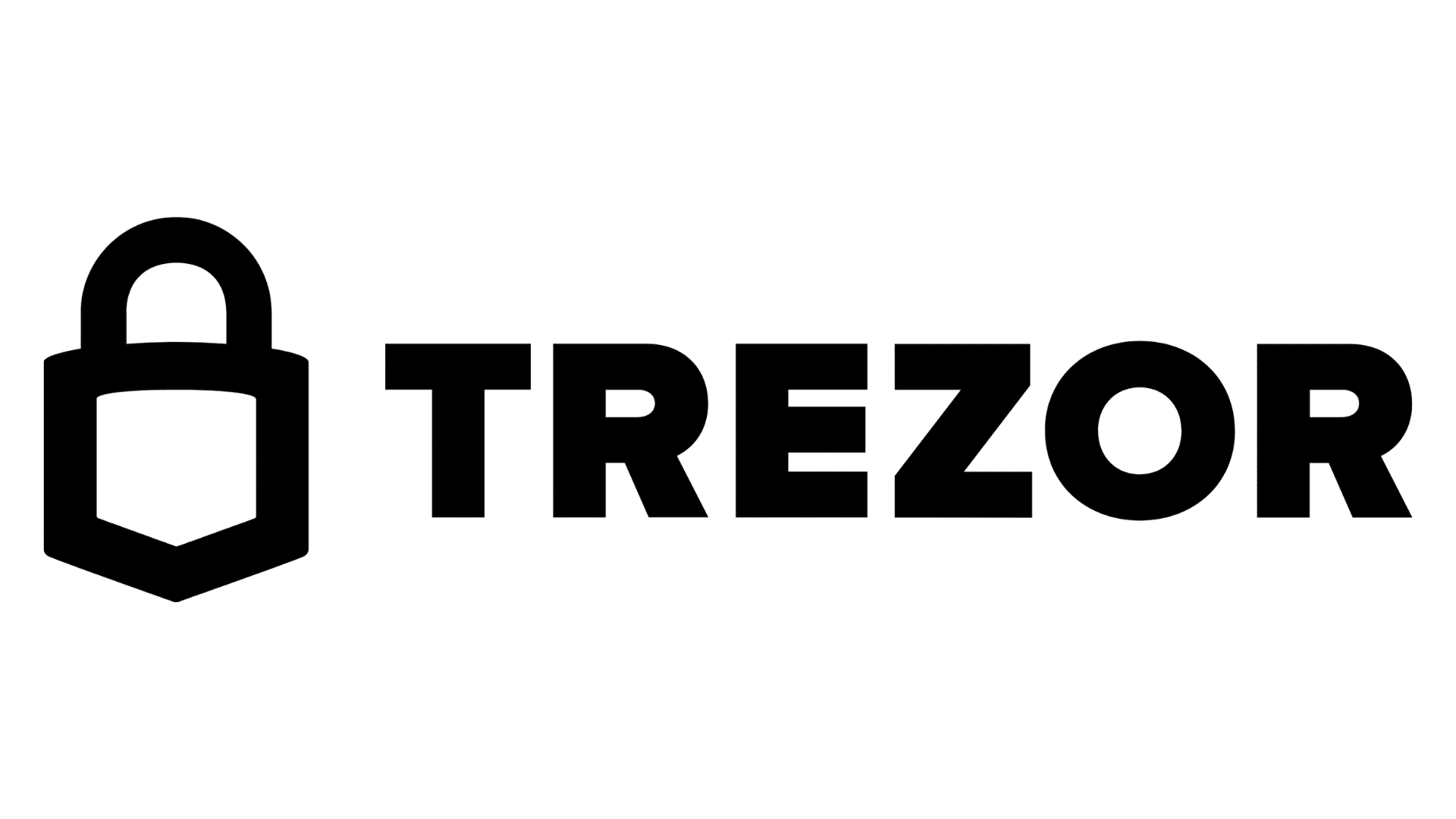

Trezor Model T offers hardware-based privacy protection, giving users complete control over keys and private Bitcoin transactions.
Features:
- Isolated offline key storage
- Compatible with privacy apps via Tor
- Multi-coin support
- PIN and passphrase protection
- Large touchscreen interface
- Built-in password manager
Pros | Cons
| Pros | Cons |
|---|---|
| Proven hardware security | No native mixing |
| Transparent firmware | Extra Tor setup |
| User-friendly design | Higher cost |
Future View: Upcoming firmware updates will improve privacy settings and simplify Bitcoin transaction anonymization directly through the Trezor Suite.
6. Electrum Wallet


Electrum is one of the oldest and most reliable Bitcoin wallets. It’s lightweight, fast, and gives users full control over their private keys.
Features:
- Full coin control options
- Tor network integration
- Custom servers and plugins
- CoinJoin plugin compatibility
- Cold storage support
- Fast transaction confirmations
Pros | Cons
| Pros | Cons |
|---|---|
| Highly customizable | Complex for beginners |
| Fast performance | Outdated interface |
| Plugin flexibility | Manual privacy setup |
Future View: Developers plan to simplify privacy setup and integrate new CoinJoin tools for smoother anonymous Bitcoin management.
7. Sparrow Wallet


Sparrow Wallet combines advanced privacy, clear analytics, and full coin control for users who prioritize precision and anonymity.
Features:
- Tor integration for secure routing
- Whirlpool transaction mixing
- Multi-signature support
- Detailed transaction graphs
- Private node connectivity
- Offline signing capability
Pros | Cons
| Pros | Cons |
|---|---|
| Full privacy control | Technical setup |
| Advanced analytics | Not beginner-friendly |
| Multi-sig ready | Desktop only |
Future View: Upcoming updates will include simplified privacy wizards and optional mobile synchronization for seamless private use.
8. BitBox02
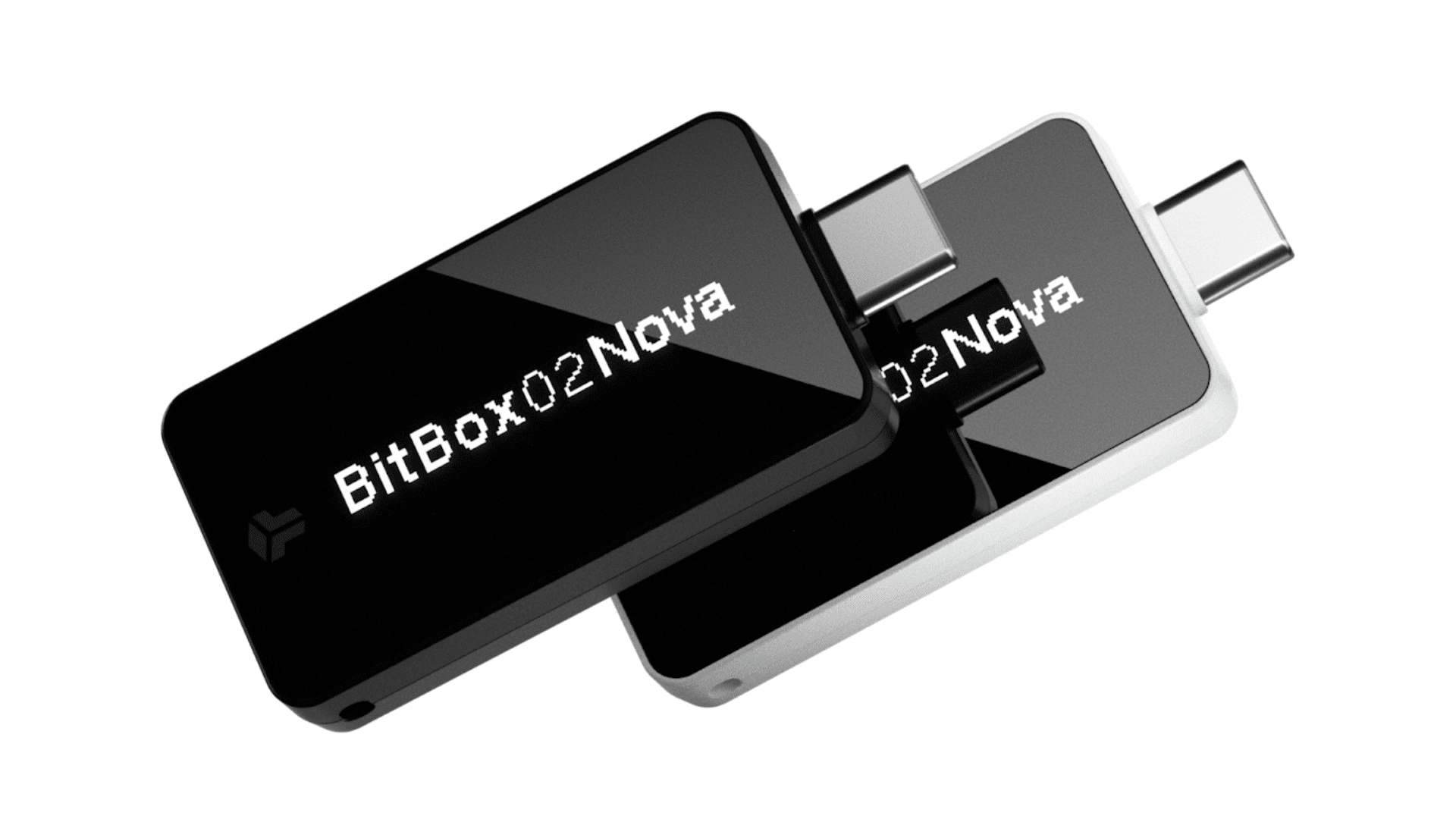

BitBox02 delivers strong security in a compact device, designed for users who prefer offline control with minimal setup.
Features:
- Offline private key protection
- microSD card for backups
- Desktop app compatibility
- Password and PIN protection
- Supports multiple assets
- Optional Tor-enabled apps
Pros | Cons
| Pros | Cons |
|---|---|
| Small and durable | No native mixing |
| Easy backup process | Limited app ecosystem |
| Transparent firmware | Basic interface |
Future View: Firmware updates will add tighter Tor connectivity and simplified privacy controls for private Bitcoin transfers.
9. BlueWallet
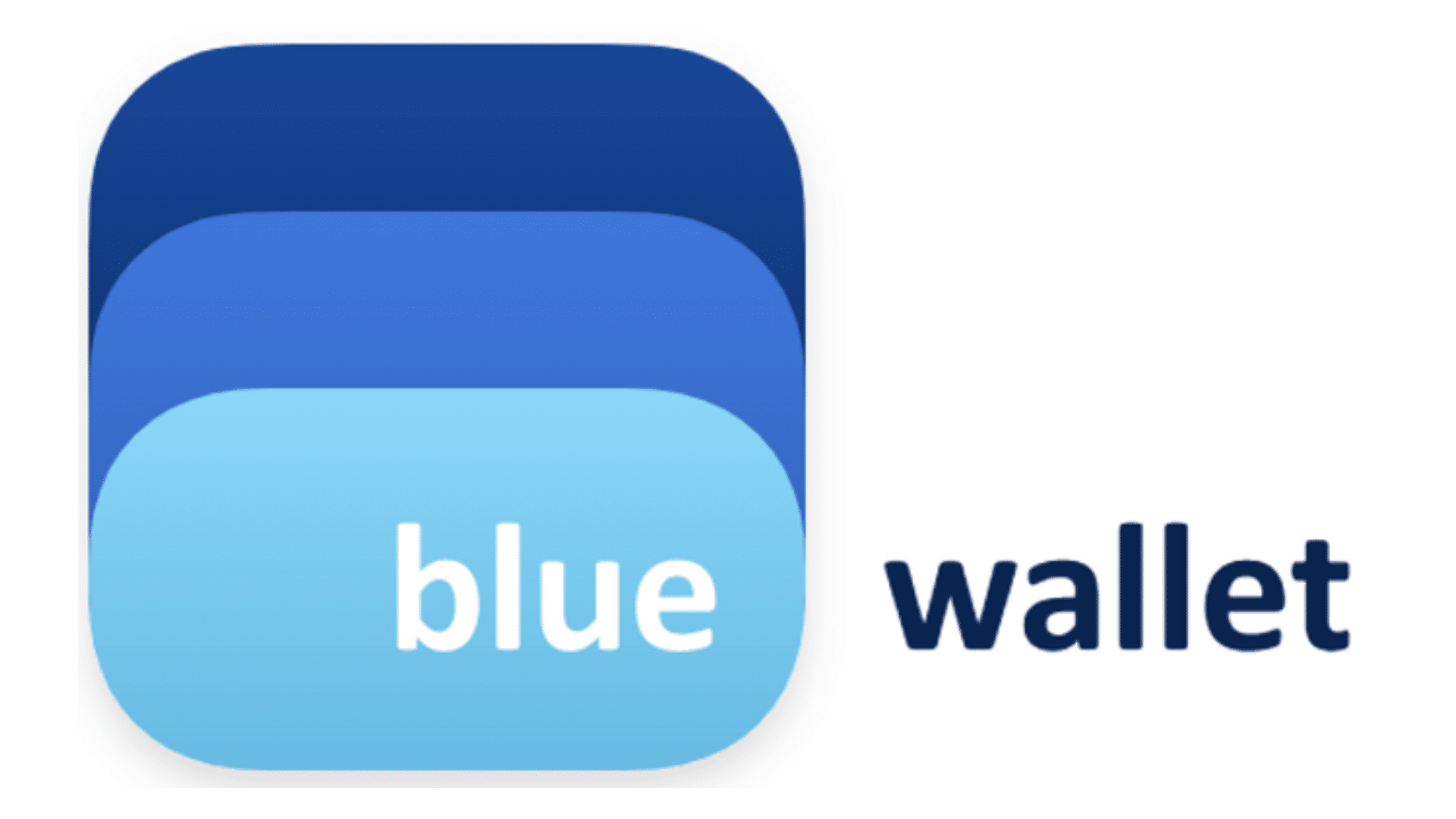

BlueWallet blends speed and privacy by supporting both Bitcoin and Lightning transactions, ideal for smaller, frequent payments.
Features:
- On-chain and Lightning support
- Optional Tor routing
- Compatible with private nodes
- Multi-wallet management
- User-friendly design
- Instant transaction processing
Pros | Cons
| Pros | Cons |
|---|---|
| Lightning payment support | Requires LN knowledge |
| Tor compatibility | No CoinJoin |
| Easy navigation | Limited privacy defaults |
Future View: Planned upgrades include automated privacy routing and Lightning-level mixing features for added transaction secrecy.
10. Edge Wallet


Edge Wallet secures user data through local encryption and allows anonymous crypto management across multiple devices.
Features:
- Local device encryption
- Works on Android, iOS, and desktop
- No personal data storage
- Auto backup options
- Supports hundreds of coins
- Simple interface
Pros | Cons
| Pros | Cons |
|---|---|
| Full key ownership | Limited privacy tools |
| Multi-platform sync | No built-in mixer |
| Simple to use | Relies on user settings |
Future View: Developers plan to integrate Tor and stronger anonymity features into upcoming versions for improved privacy.
11. BitLox
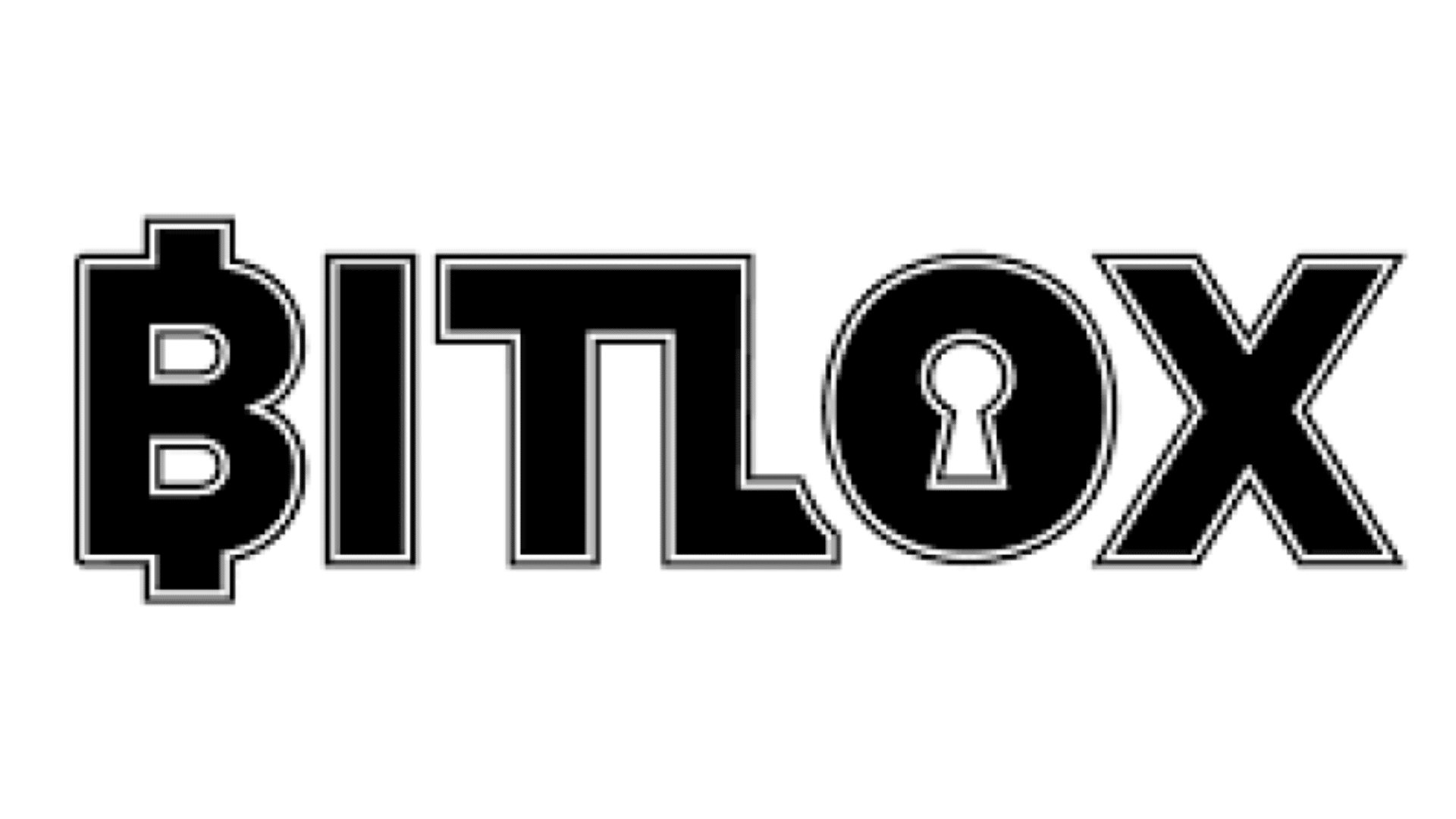

BitLox is a metal hardware wallet designed for users who want rugged, portable Bitcoin protection anywhere in the world.
Features:
- Multiple wallet profiles
- Supports Tor connections
- Bluetooth and USB options
- PIN and passphrase protection
- Durable metal body
- Travel-friendly design
Pros | Cons
| Pros | Cons |
|---|---|
| Strong physical security | Higher cost |
| Tor-enabled protection | Setup takes time |
| Portable and reliable | Smaller interface |
Future View: Firmware improvements will improve Tor connectivity and ensure stronger offline privacy for mobile users.
12. Nunchuk Wallet


Nunchuk Wallet improves Bitcoin privacy through shared access and multiple signature approval, making it ideal for teams and groups.
Features:
- Multi-signature transaction system
- Tor connection support
- Hardware wallet integration
- Role-based access control
- Policy-based approval settings
- Mobile and desktop versions
Pros | Cons
| Pros | Cons |
|---|---|
| High-level collaboration | Complex setup |
| Tor + hardware security | Not ideal for individuals |
| Detailed permissions | Requires coordination |
Future View: MuSig2 integration will streamline multi-signature transactions while reducing on-chain footprint for improved anonymity.
13. Bitkey
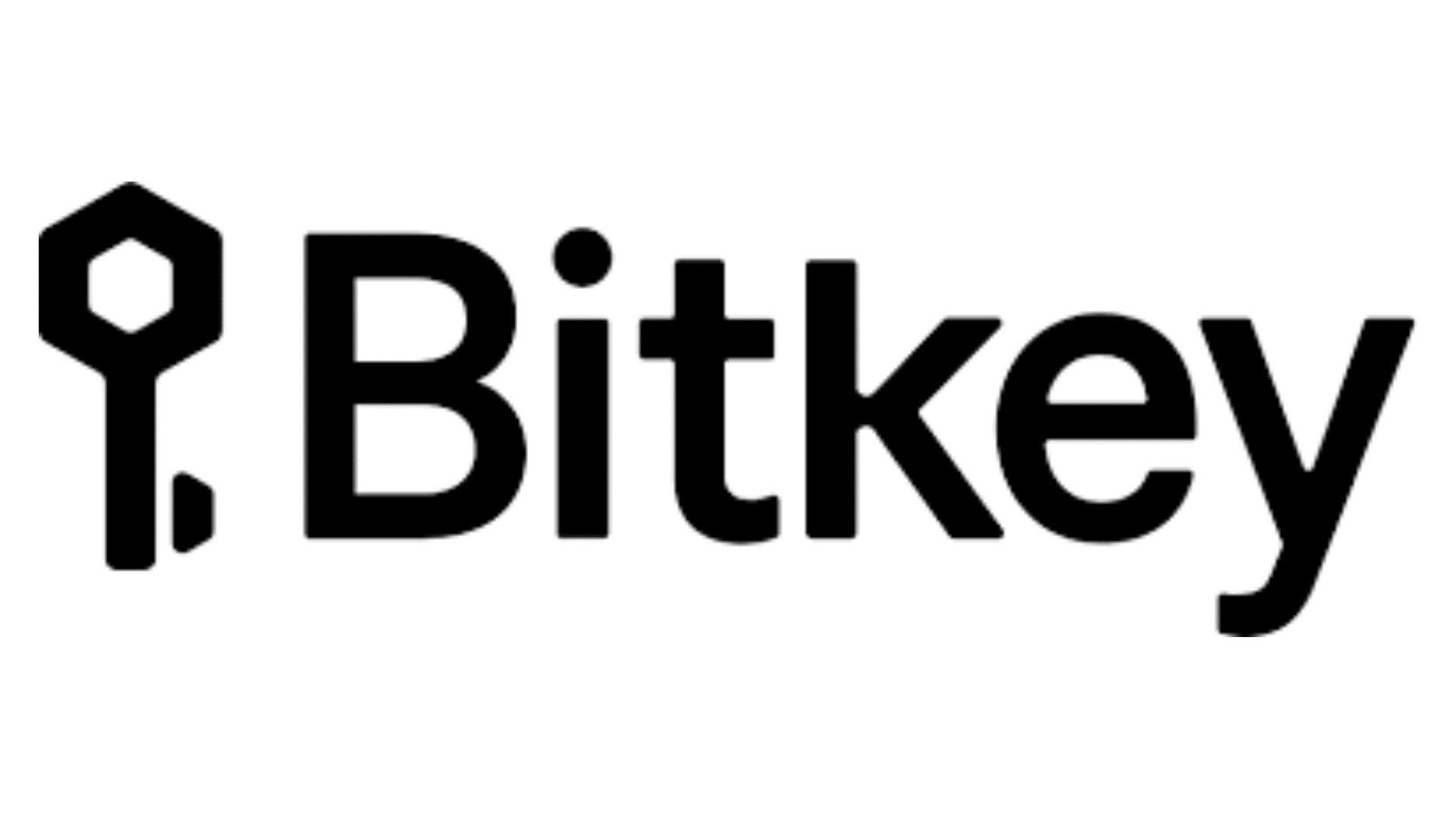

Bitkey combines hardware, mobile, and recovery keys to provide secure Bitcoin control without centralized storage.
Features:
- 2-of-3 key security system
- Device + app pairing
- Recovery without full seed exposure
- Multi-device access
- Secure mobile management
- Hardware-backed transactions
Pros | Cons
| Pros | Cons |
|---|---|
| Self-custody flexibility | Complex setup |
| Backup through the 3-key model | Requires all components |
| Strong brand support | No mixing function |
Future View: Future releases will expand recovery options and cross-device privacy management for broader accessibility.
14. Guarda Wallet


Guarda Wallet supports hundreds of cryptocurrencies while maintaining user privacy through local key storage and optional private routing.
Features:
- Non-custodial architecture
- Multi-chain support
- Desktop, web, and mobile access
- Device-side key encryption
- Optional Tor/VPN mode
- Built-in staking
Pros | Cons
| Pros | Cons |
|---|---|
| Supports 400+ assets | Privacy not default |
| User owns keys | No CoinJoin |
| Multi-device access | Web risk if misused |
Future View: The team plans to integrate automatic Tor routing and better transaction masking for anonymous crypto management.
15. Bitamp Wallet
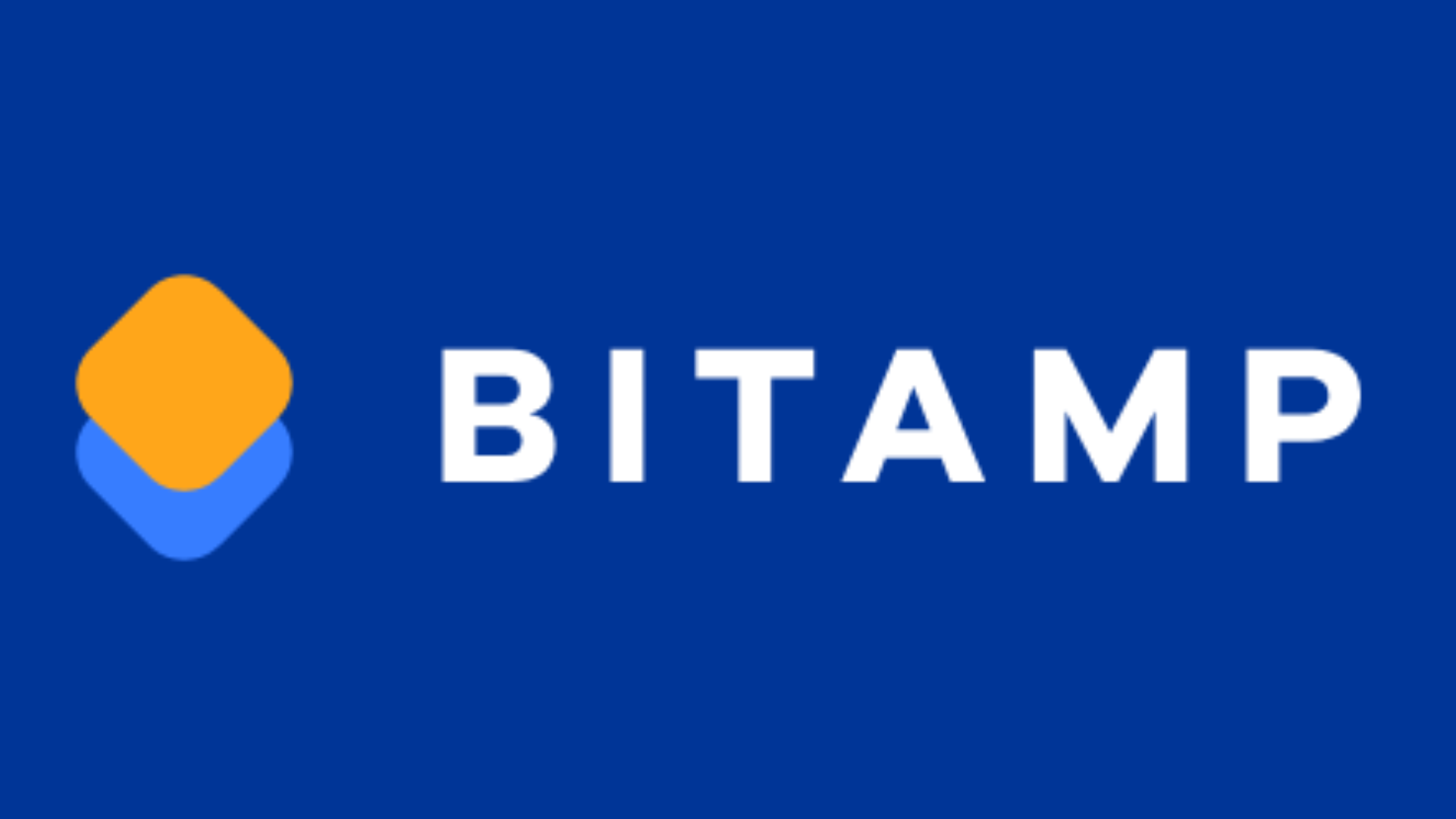

Bitamp Wallet gives users instant access to Bitcoin through browser-based encryption without sign-ups or external servers.
Features:
- Instant wallet generation
- No registration required
- Client-side key storage
- Offline private key saving
- Lightweight browser interface
- Simple backup options
Pros | Cons
| Pros | Cons |
|---|---|
| Fast setup | Browser security risk |
| Fully anonymous use | No mixing |
| Easy backups | Fewer advanced tools |
Future View: Developers are introducing built-in VPN routing and secure communication layers to improve anonymity during online use.
Anonymous Bitcoin Wallet Comparison Table
| Wallet Name | Privacy Features | Cost (Approx.) | Notable Strength |
|---|---|---|---|
| Wasabi Wallet | Tor routing, CoinJoin mixing | Free | Strong desktop privacy |
| Samourai Wallet | Whirlpool mixing, stealth mode, Tor | Free | Mobile anonymity |
| Blockstream Jade | Cold storage, Tor option | ~$65 | Secure long-term storage |
| Monero | Built-in transaction masking | Free | Full anonymity (non-BTC asset) |
| Trezor Model T | Tor compatibility, transparent firmware | ~$179 | Reliable open hardware |
| Ledger Stax | Clear-signing, chip isolation, Bluetooth/NFC | ~$279 | Premium build and secure chip isolation |
| Cypherock | Split-key vault + card system | ~$199 | Strong recovery and inheritance |
| Tangem Wallet | Offline card key generation, EAL6+ security | ~$80–$120 (set) | Portable and easy to use |
| Ellipal Titan | Air-gapped QR signing, anti-tamper case | ~$139–$169 | Fully offline protection |
| Electrum Wallet | CoinJoin plugin, Tor support | Free | Customizable for advanced users |
| Sparrow Wallet | Whirlpool, multi-signature, Tor | Free | Power user privacy setup |
| BitBox02 | Offline storage, transparent firmware | ~$149 | Simple and minimal hardware wallet |
| BlueWallet | Lightning + Tor for quick payments | Free | Fast mobile transactions |
| Edge Wallet | Local encryption, device-only keys | Free | Cross-platform daily use |
| BitLox | Multi-wallets, Tor | ~$180 | Rugged travel protection |
| Nunchuk Wallet | Multi-signature + Tor | Free | Shared team wallet privacy |
| Bitkey | 2-of-3 multi-key security | ~$150 (est.) | Safe recovery with device + app |
| Guarda Wallet | Tor, VPN options, local key storage | Free | Supports many coins, private control |
| Bitamp Wallet | Client-side encryption, instant browser access | Free | Quick, no-signup wallet |
How to Buy Bitcoin Anonymously
Follow these steps to purchase Bitcoin while keeping your identity private and your transactions harder to trace online.
1. Use a VPN or Tor for connection privacy: Always begin by securing your internet connection with a VPN or Tor. This hides your IP address and prevents tracking from exchanges or observers.
2. Buy via peer-to-peer (P2P) platforms like Bisq or HodlHodl: Peer-to-peer marketplaces let users trade Bitcoin directly without sharing personal details or completing identity checks through centralized exchanges.
3. Use Bitcoin ATMs for small, quick purchases: Some Bitcoin ATMs allow cash purchases without ID. They’re useful for beginners, making smaller private transactions quickly and easily.
4. Transfer coins directly to your anonymous wallet: Once you buy Bitcoin, move it immediately into your privacy wallet. Avoid leaving funds in exchange wallets to stay anonymous.
Practical Tip: Start with small transactions to confirm fees and reliability before using large amounts.
Future Outlook: Upcoming decentralized exchanges may use zero-knowledge technology for safe, ID-free Bitcoin trading in the near future.
How to Use Your Wallet Privately
Using your Bitcoin wallet the right way is just as important as choosing the right one. Every action you take can affect your privacy level. Always generate a new address for each transaction so payments can’t be linked together.
Never share wallet addresses or personal details on social media or public forums, as this can expose your identity. Keep two wallets, one for public use and another for private transactions, to separate your activities clearly.
When sending or receiving Bitcoin, connect through Tor or a trusted VPN to hide your IP address. This extra step adds an important privacy layer.
Managing your wallet carefully ensures your identity stays protected while giving you full control over how your Bitcoin activity appears on the blockchain.
Legal and Ethical Considerations of Using Crypto Wallets
Privacy wallets remain legal in most regions, but each country has its own rules. In the United States, using a privacy wallet is allowed, though exchanges must comply with Know Your Customer (KYC) regulations.
Within the European Union, the AMLD5 framework restricts anonymous exchange activity to prevent misuse. In India, privacy tools are currently under review but have not been officially banned.
Users should always stay informed about changing crypto regulations.
Ethical Use Reminder: Privacy is a right that protects your data, not a loophole for illegal activity. Responsible use helps maintain trust within the crypto space.
Disclaimer: This section is for educational purposes only and not financial or legal advice.
Future View: Governments may develop “privacy-compliant” blockchain systems that balance transparency with personal freedom.
Security Tips for Private Bitcoin Wallets
Keeping your Bitcoin wallet secure helps protect your funds and personal data. Follow these key points to stay safe:
- Download only from official sources: Always verify wallet apps and software before installing to avoid fake versions or phishing attacks.
- Use hardware wallets for long-term storage: They keep your private keys offline, safe from malware and online theft.
- Enable two-factor authentication (2FA) and encryption: Adds extra protection against unauthorized access on your devices.
- Avoid third-party browser extensions: Many can track wallet activity or steal private data without notice.
- Review wallet security settings often: Regularly update passwords and ensure backups are up to date for continued protection.
Backup and Future Recovery Practices of Crypto Wallets
Creating and safeguarding wallet backups is essential for long-term privacy and safety. Always write your seed phrases on paper and keep them offline in two separate secure locations, such as a safe or lockbox.
Avoid storing recovery information digitally, as cloud and online backups can be hacked. Check your backups occasionally to confirm they’re still readable and complete.
Looking ahead, new methods like biometric verification and decentralized key recovery systems may eventually replace traditional seed phrases, making future wallets easier to restore without sacrificing security.
Staying aware of these changes will help you adapt your backup practices as technology evolves while keeping your Bitcoin wallet private and recoverable under your control.
The Future of Bitcoin Privacy
Bitcoin privacy is evolving rapidly as developers work to strengthen anonymity without compromising security.
Zero-knowledge proofs are being explored to allow transaction verification without revealing personal data, offering stronger privacy for everyday users.
Decentralized identity frameworks may soon let people prove ownership of digital assets without needing KYC checks or centralized verification.
At the same time, AI-resistant mixing protocols are being designed to counter blockchain analysis tools that attempt to track funds. However, regulations are also advancing, creating ongoing tension between privacy and compliance.
Governments may soon require transparency standards for some transactions while allowing private options for others.
The next phase of Bitcoin privacy will focus on user sovereignty, protecting your identity while ensuring secure, censorship-free access to digital finance.
Note: Some exchanges may restrict deposits or withdrawals from privacy wallets due to KYC or AML requirements. Always check exchange policies before transferring funds.
Final Thoughts
Learning about anonymous Bitcoin wallets changed the way I think about privacy in crypto.
What initially sounded like a tool for secrecy turned out to be a straightforward way to protect personal data and maintain control over who sees what.
Once I understood how wallets, blockchain visibility, and privacy layers fit together, everything started to make sense.
I know the idea of “anonymous” can sound intimidating at first, but when you look closer, it’s really about safety and independence. These wallets don’t hide you; they help you decide what to share.
Now that you understand how they work, which privacy wallet would you trust most for your Bitcoin transactions? Share your thoughts below.

